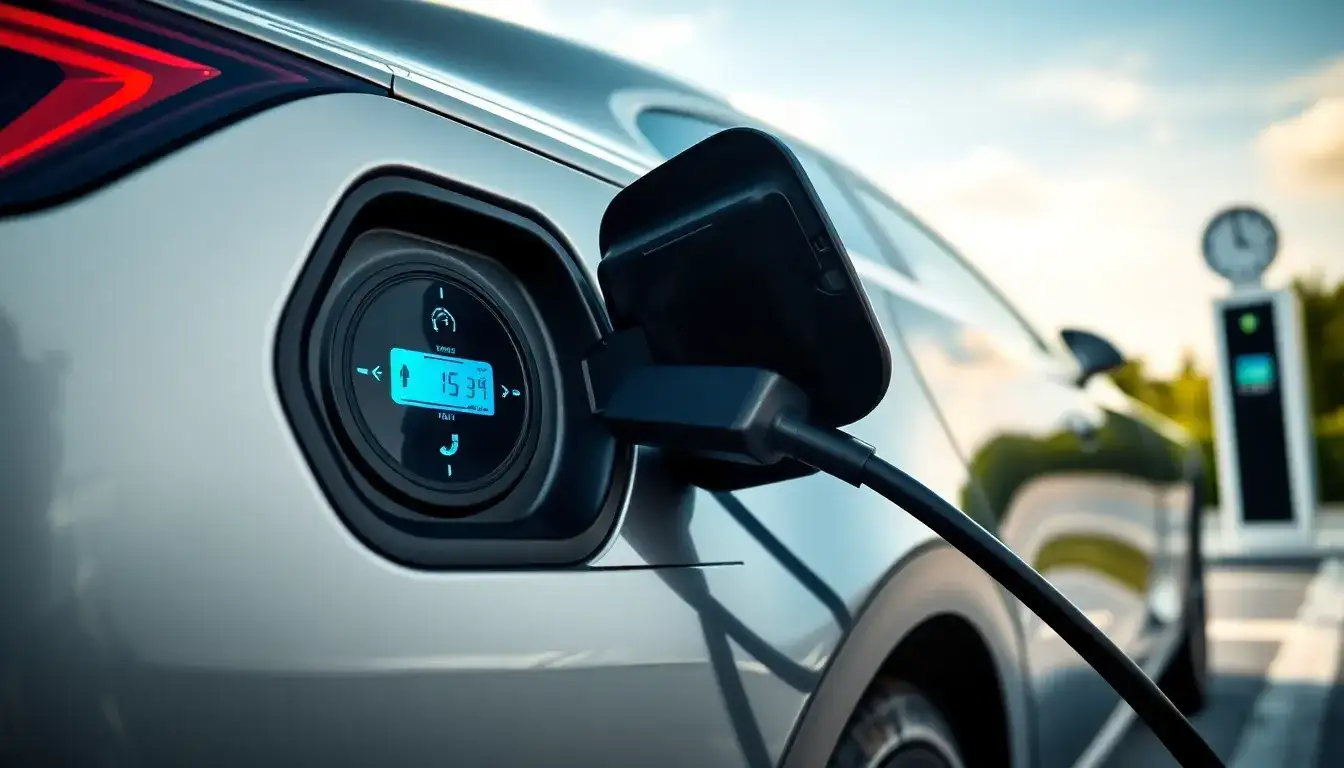
Have you ever heard that the lifespan of a new energy vehicle battery is only about 5 years? Especially when considering the purchase of an electric car, such claims can be quite discouraging and may even lead you to reconsider your decision. But is this assertion true? Not necessarily. Industry experts have long pointed out that the lifespan of automotive power batteries exceeds our expectations.
Many people are influenced by news reports stating that certain electric vehicles have experienced battery failure before reaching the 5-year mark, which can lead to the misconception that battery life is limited to just 5 years. While such reports exist, can isolated cases truly represent the overall battery lifespan? Clearly, they cannot.
Like engines, batteries are industrial products, and none of these products are 100% reliable. Just as engines can have a good failure rate, there are instances where a new engine from a dealership may encounter problems shortly after purchase. If someone were to use such an isolated incident to claim that engines can only last a few months, it would be unrealistic. Similarly, judging the reliability of power batteries based on extreme cases is neither scientific nor helpful.
In general, the lifespan of a power battery depends on two main factors, which are significantly longer than one might assume:
Cyclic Life
Cyclic life refers to the number of complete charge-discharge cycles a battery undergoes. It doesn’t mean that charging and discharging once daily counts as one cycle; rather, it accumulates based on usage. For instance, if you use 50% of the battery and then recharge, that only counts as half a cycle. You need to use and recharge twice to complete one full cycle.
Currently, the cyclic life of mainstream electric vehicle batteries ranges from 1000 to 2000 cycles. If an electric vehicle can travel 400 kilometers on a full charge, theoretically, with 1000 cycles, the total range could reach up to 400,000 kilometers. For an average family, driving 20,000 kilometers per year is considered high usage. Based on this standard, the battery could last over 15 years, far exceeding the notion of a mere 5-year lifespan.
Calendar Life
Many believe that calendar life is the critical factor determining battery lifespan since batteries naturally degrade over time. However, the effect of calendar life on battery performance is not as significant as one might think. The calendar life of power batteries does not simply deteriorate over time; it is influenced by various factors, including the technology of battery materials, ambient temperature, and daily charging habits.
Today, power batteries are typically designed to have a calendar life of 8 to 10 years or even longer, far surpassing the average consumer’s vehicle replacement cycle. This is why manufacturers can confidently offer warranties of 8 years or even lifetime coverage, considering that the cost of power batteries accounts for about 40% of the vehicle’s total price. If a battery were to fail after just 5 or 6 years, manufacturers would incur significant losses.
It’s essential to note that battery degradation does not mean a sudden drop in performance from 100% to zero. Even after 8 years, a power battery can retain 70% to 80% of its original capacity, allowing it to meet most daily commuting needs. For example, the first-generation Tesla has been in service for over 10 years, and many owners still use their vehicles normally. Data shows that these cars have experienced about a 20% battery degradation, meaning they can still travel approximately 530 kilometers on a full charge, which is generally acceptable for daily commuting. Moreover, with the increasing availability of charging stations, recharging has become much more convenient.
If you find it hard to accept battery degradation, there are solutions. Since battery packs contain multiple cells, it is possible to replace the most degraded cells to restore range, often at a cost of just a few thousand dollars, bringing the range back to about 90% of its original capacity.
In summary, the claim that battery lifespan is only 5 years is simply not true. Electric vehicle batteries are like an old well; while the amount of water may decrease over time, they rarely run dry. You can confidently use your vehicle for 8 to 10 years without any issues. Even if you consider replacing the battery after several years, advancements in technology may make battery replacements more affordable than buying a new phone today.







